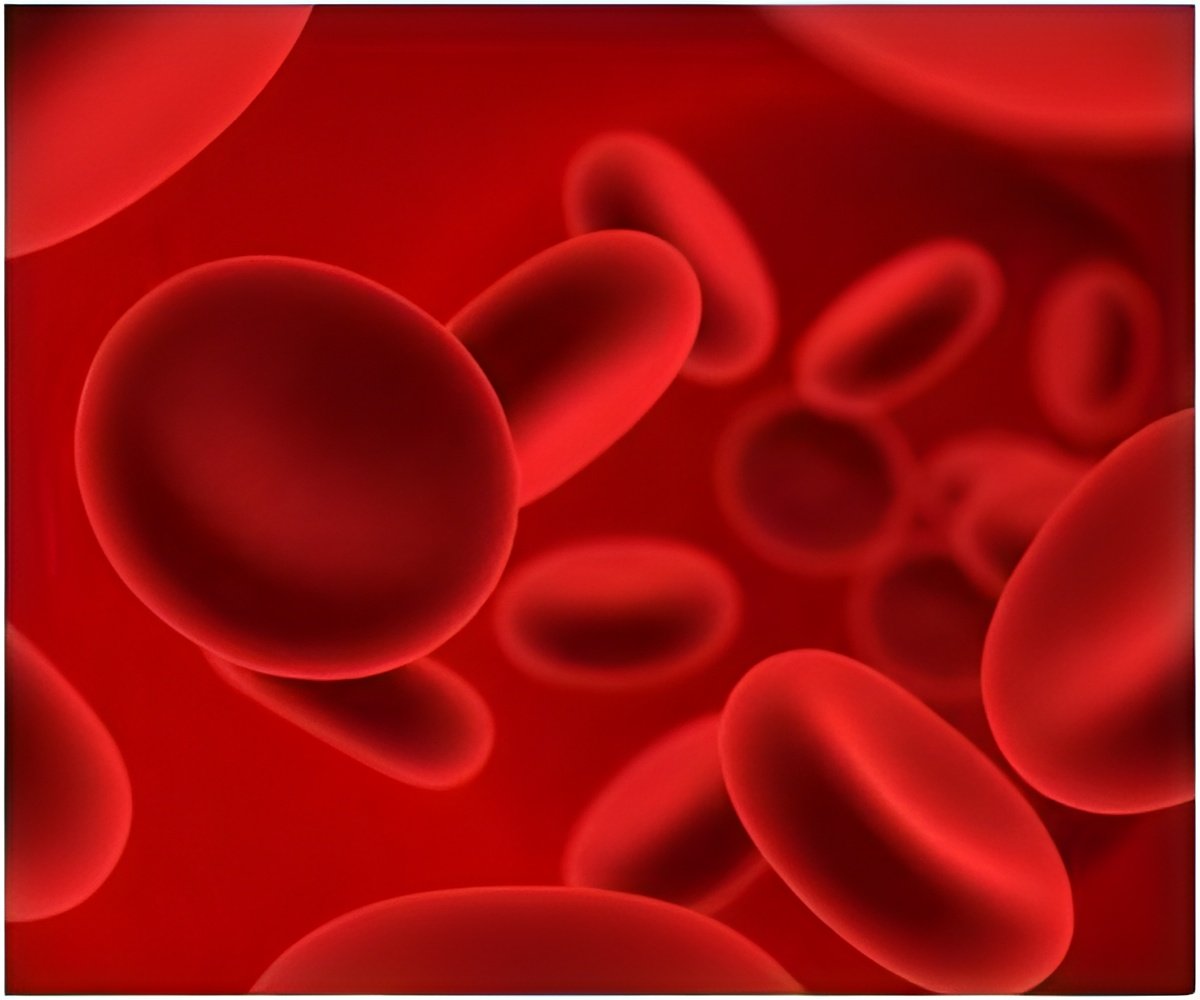
Sophie Dupuis-Girod, M.D., Ph.D., of Hopital Louis Pradel, Bron, France, and colleagues analyzed the efficacy of the drug bevacizumab in severe hepatic forms of HHT associated with high cardiac output. Bevacizumab is an anti-vascular endothelial growth factor treatment that is thought to be potentially effective for treatment for HHT. The single-center, phase 2 trial included 25 patients who had confirmed HHT, severe liver involvement, and a high cardiac index related to HHT. Participants received bevacizumab every 14 days for a total of 6 injections. The total duration of the treatment was 2.5 months; patients were followed up for 6 months after the beginning of the treatment. The primary outcome measure for the study was a decrease in cardiac output at 3 months after the first injection, evaluated by echocardiography.
Of the 24 patients who had echocardiograms available for reread, there was a response in 20 of 24 patients with normalization of cardiac index (complete response) in 3 of 24, partial response in 17 of 24, and no response in 4 cases. The median (midpoint) cardiac index at the beginning of the treatment significantly decreased after 3 months. The median cardiac index at 6 months was significantly lower than before treatment. Average duration of epistaxis (bleeding from the nose), which was 221 minutes per month at inclusion, had significantly decreased at 3 months (134 minutes) and 6 months (43 minutes). Quality of life also significantly improved.
"In conclusion, this preliminary study suggests that bevacizumab may be a therapeutic option in the treatment of HHT. Our results demonstrated improved cardiac output and reduced epistaxis. Toxicity was moderate. We do not know if this treatment could be definitive or a bridging therapy while patients are waiting for a liver transplant. Longer follow-up studies are necessary to determine the duration of HHT efficacy and whether maintenance therapy is required," the authors write.
Source-Eurekalert














